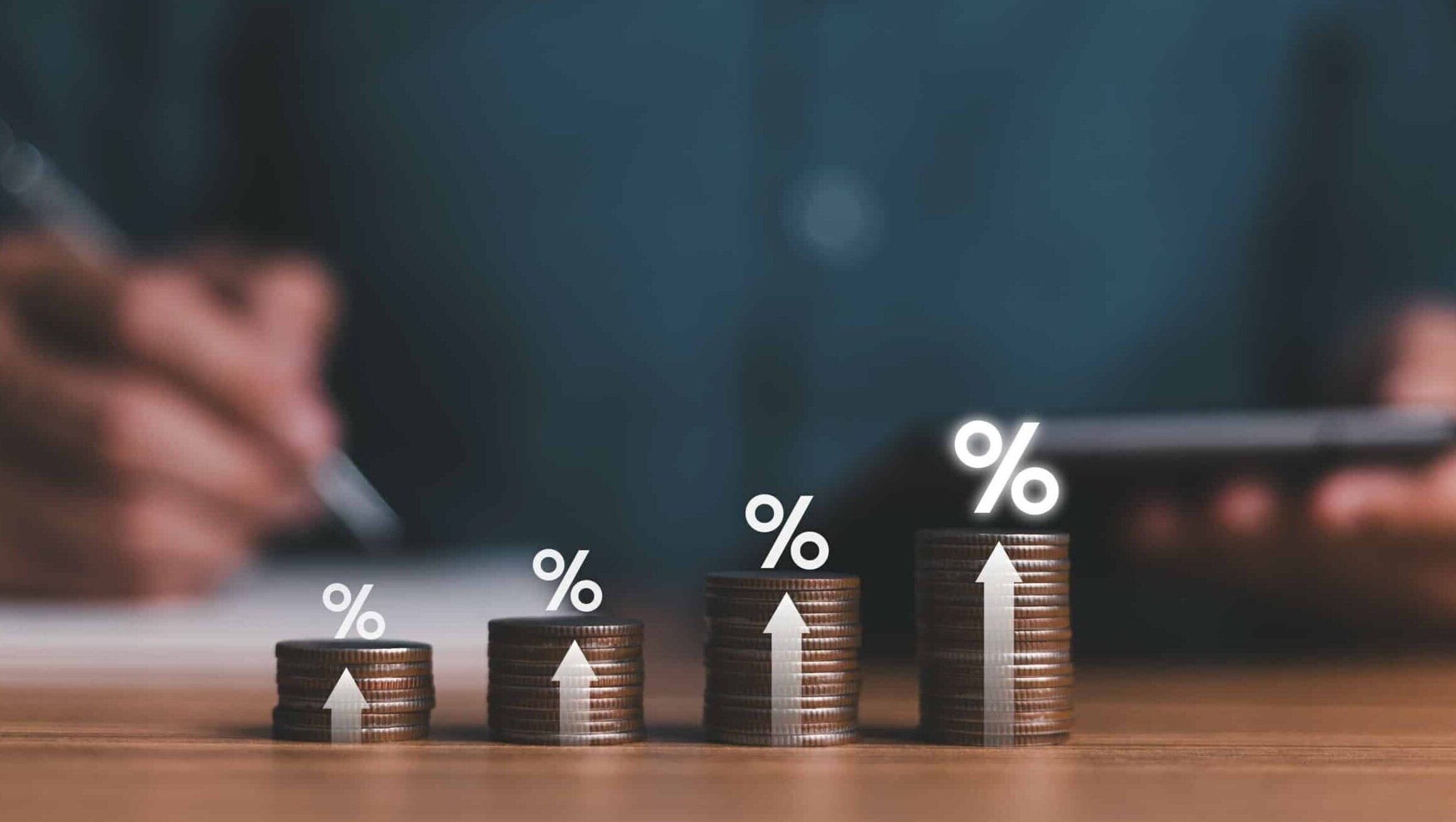2024 should be an interesting year for equity markets, especially following today’s all time high on the ASX following a better than expected inflation print. This follows a rough 2023 for many listed companies and investors who are hoping for a smoother 2024.

It’s highly anticipated that interest rates will come off this year, more so now following today’s inflation data, but we think the US will lead the charge on reducing interest rates as they head into an election year. The Biden administration will be doing everything they can to prove their economic credentials as we close in on polling day in November (we will release a note next week specifically on this topic, so keep your eye out for it), and will do all they can to give the Fed the tools they need to drop rates. Falling interest rates should lead to greater inflows for equity markets, but volatility should remain until it becomes clear who will be leading the United States from next year.
Will normality return to capital markets?
Last years volatility made it difficult to price placements fairly for issuers and investors, and it became increasingly difficult convincing companies that as interest rates increased, their valuations needed to decrease to reflect the risk free rate of cash.
Many of the companies we spoke to we’re trying to push valuations & multiples that we accepted when interest rates were close to zero. The media broadly reported that investment had dried up in the early stage, private company markets, and this was because wholesale investors were getting significant higher, guaranteed returns – there was no need for investors to make riskier investments. And now with the prospect of falling interest rates this year, investors will be looking to find their returns elsewhere, which may bring a sense of normality to various investment opportunities.
Also to consider, are the proposed changes to the definition of wholesale investors – this is another example of how the Government is so out of touch with the financial services industry. The proposed changes will wipe out a significant amount of funding from Australia’s VC market, which will further reduce Australia’s ability to innovate compared to the rest of the world.
These proposed changes to the wholesale investor definition are the Governments way of telling those on moderate levels of income that they’re not qualified, or smart enough to make an investment decision, but those that either earn a high level of income, or have a larger asset base, can afford to lose their money or obtain professional advice. I meet so many young investors that would love an opportunity to assess and invest in early stage companies – why wouldn’t we want to encourage this?



